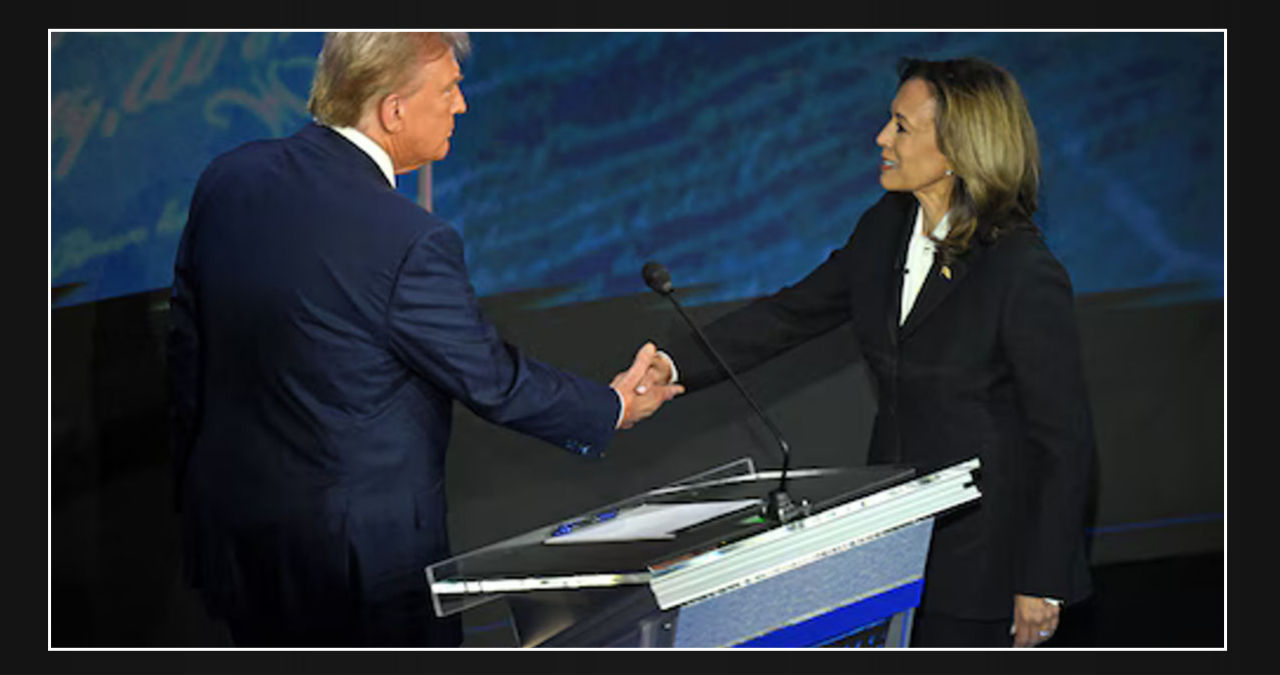During Tuesday night’s presidential debate between Donald Trump and Kamala Harris, the controversial Alabama Supreme Court ruling that classified frozen embryos as children and resulted in the reduction of in vitro fertilization services in the state was brought up.
In a direct address to Trump, Harris expressed her concern for working individuals, especially women, who are already struggling to make ends meet. She highlighted the difficulties they face in accessing healthcare, emphasizing the financial burden of having to travel to another state and sit next to strangers on a plane. Harris deemed this situation as unconscionable and urged for a more compassionate approach.
In response, the former president highlighted his prompt condemnation of the Alabama Supreme Court decision.
“I have taken a leading role in advocating for IVF, which involves fertilization. When the Alabama courts initially rendered an unfavorable decision on IVF, I witnessed the swift response from the people of Alabama and the legislature, who voted in favor of it just two days later,” he explained. “I have been at the forefront of this issue, and this is widely recognized by both the people and other stakeholders. My efforts in championing IVF have been significant.”
The timeline provided by Trump was inaccurate. In reality, it took 18 days, not two, for both houses of the state Legislature to pass the IVF law after the Alabama Supreme Court decision. Additionally, it took another day for Alabama Gov. Kay Ivey to sign the law after the Legislature action, making it a total of 19 days.
In a recent statement, Trump expressed his support for government-sponsored insurance plans covering the cost of IVF treatments. However, he did not provide any details regarding the funding for this policy change.
Infirmary Health in Mobile, the defendant in the lawsuit that resulted in the Alabama Supreme Court decision, announced that it will not offer IVF treatments, despite the Alabama law protecting IVF clinics from legal liability.











Leave a Reply